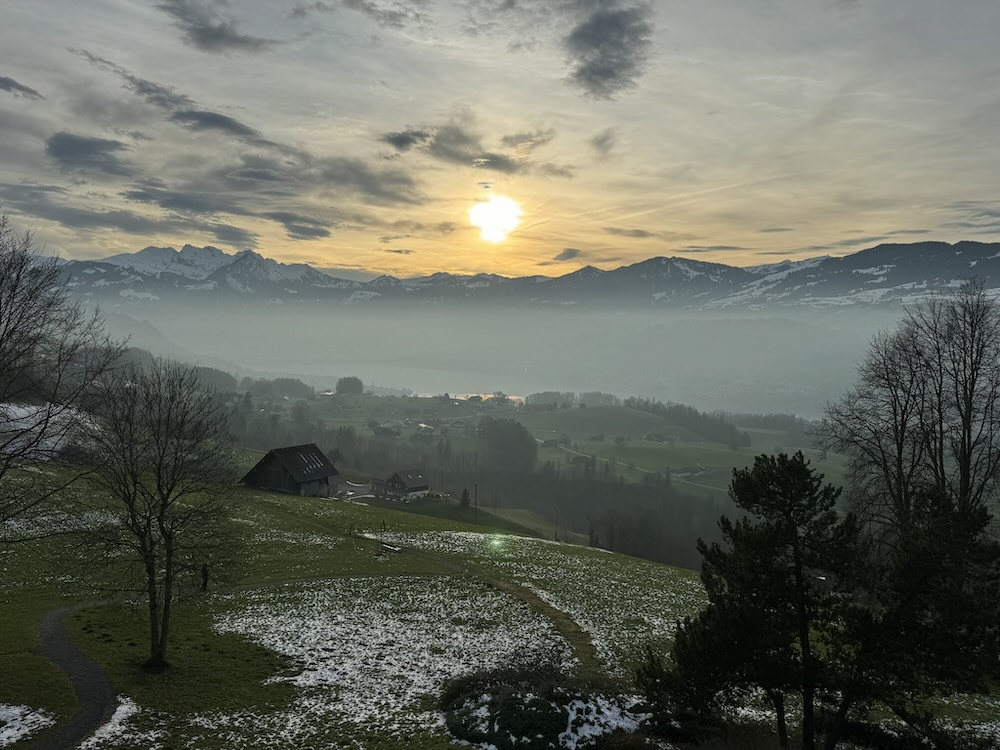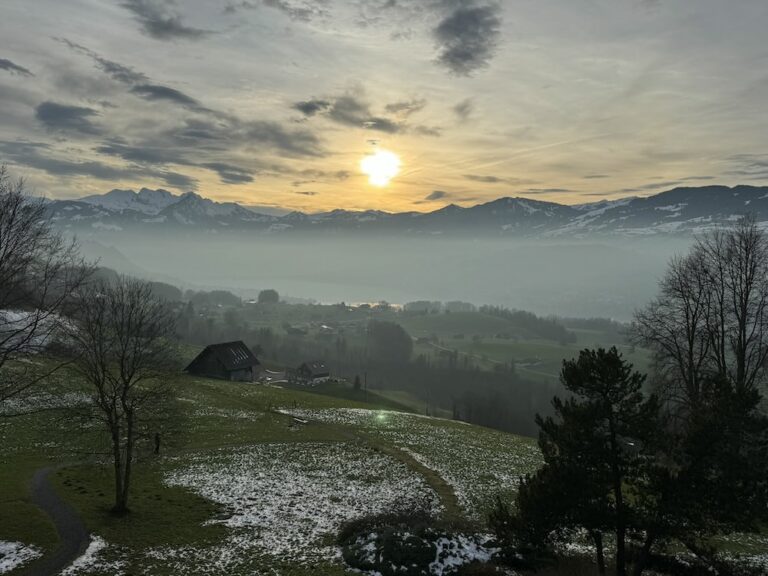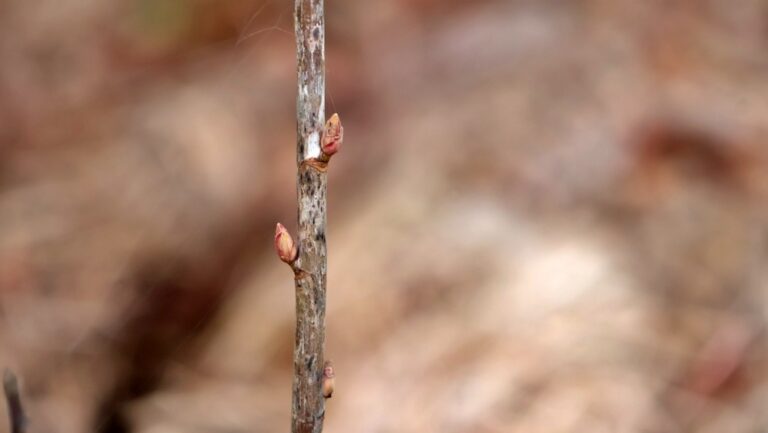Quinto domingo da quaresma
A Quaresma começa com a história tribal do Êxodo e conclui com o mito sendo vivido na pessoa de Jesus. A partir de hoje, as leituras litúrgicas se concentram nos eventos que levaram ao trágico momento de sua paixão, morte e ressurreição. O evangelho de hoje, no entanto, começa com um detalhe aparentemente mundano: Entre aqueles que subiram para adorar no festival estavam alguns gregos. Estes se aproximaram de Filipe, que vinha de Betsaida na Galileia, e fizeram-lhe este pedido: ‘Senhor, queremos ver Jesus.’ Filipe foi falar com André, e André e Filipe juntos foram falar a Jesus. Será que o ponto é destacar a expansão de sua influência além do mundo judeu? Ou acentuar o perigo físico em que Jesus estava e a necessidade de segurança?
Em muitos momentos da vida, a própria incerteza sobre qual poderia ser a interpretação correta aguça nosso senso de realidade. Com que frequência temos uma sensação de incerteza sobre o significado de algo ou o sentimento incipiente de falta de sentido, ao mesmo tempo em que sentimos que algo de grande importância está em andamento? Os detalhes passageiros das últimas horas de vida de um ente querido podem permanecer conosco pelo resto de nossas vidas. Em momentos importantes, prestamos atenção a tudo, incluindo todas as pontas soltas e perguntas não respondidas da vida.
A partir deste ponto no ciclo da Quaresma, somos levados adiante em uma história de intensidade inevitável, inseridos em uma sequência de eventos que já ouvimos antes. Mas, como acontece com as crianças, a repetição os torna novos.
Jesus acaba de ser informado de que alguns estrangeiros pediram para vê-lo. Sua resposta a esse pequeno acontecimento não é verificar sua agenda. Em vez disso, ele expressa tanto sua ansiedade sobre a direção que os eventos estão tomando quanto o significado que agora está começando a se desdobrar e cujo resultado ele já sabe ser inevitável. Sua hora chegou e o significado final de sua vida será cumprido. Isso não acontecerá por meio do sucesso e da aclamação – como fantasiamos que o cumprimento virá para nós – mas através do fracasso, da dor, da perda e da inexorabilidade da morte. Ele vê a necessidade disso quando diz que uma semente precisa morrer antes de produzir frutos.
Em seguida, virando-se de seu destino pessoal para a verdade universal da condição humana, ele compartilha conosco o significado, a verdade. Qualquer um que queira encontrar sua vida deve perdê-la. Não podemos ter o melhor dos dois mundos até nos desapegarmos do que desejamos. E, se ele é o caminho que seguimos, teremos que passar pelo que ele está passando. Por mais difícil que pareça esse caminho, o discipulado revela o Pai, a fonte, para nós, assim como ele o conheceu e viveu desde o início de sua missão.
O êxodo nesta transição pessoal é a ruptura final com os poderes de samsara, todas as alianças de forças ilusórias que nos bloqueiam e nos iludem. O que parece ser o fim se torna transparente e vemos um novo começo se moldar. Tudo será renovado à medida que nos libertamos dos laços antigos e abraçarmos o presente único da vida que nos torna quem realmente somos.
Texto original
Fifth Sunday of Lent
Lent begins with the tribal story of the Exodus and concludes with the myth being lived out in the person of Jesus. From today the liturgy readings focus on the events that led to the tragic climax of his downfall, death and resurrection. Today’s gospel, however, opens with an apparently mundane detail: Among those who went up to worship at the festival were some Greeks. These approached Philip, who came from Bethsaida in Galilee, and put this request to him, ‘Sir, we should like to see Jesus.’ Philip went to tell Andrew, and Andrew and Philip together went to tell Jesus. Is the point to highlight the expansion of his influence beyond the Jewish world? Or to accentuate the physical danger Jesus was in and the need for security?
At many moments in life the very uncertainty of what might be the correct interpretation sharpens our sense of reality. How often do we have a sense of uncertainty about the meaning of something or the incipient feeling of meaninglessness while we also sense that something of great significance is underway? The passing details of a loved one’s last hours of life can remain with you for the rest of yours. In important moments we pay attention to everything. including all the loose ends and unanswered questions of life.
From this point in the Lent cycle, we are swept forward in a story of inescapable intensity, drawn into a sequence of events which we have heard before. But, as with children, repetition makes them new.
Jesus has just been told that some foreigners have asked to see him. His response to this small thing is not to check his schedule. Instead, he expresses both his anxiety about the direction events are taking happen and the meaning that is now beginning to unfold and whose outcome he already knows is inevitable. His hour has come and the ultimate meaning of his young life will be fulfilled. This will happen not through success and acclaim – as we fantasise fulfilment will come to us – but through failure, pain, loss and the non-negotiability of death. He sees the necessity of this when he says that a seed has to die before it will produce a harvest.
Then, turning from his personal fate to the universal truth of the human condition he shares with us the meaning, the truth. Anyone who wants to find their life must lose it. We cannot have our cake and eat it until we have let go of the cake and our desire for it. And, if he is the way we follow, we will have to go through what he is passing through. Hard though this path seems, discipleship reveals the Father, the source, to us as it has known and lived with it since his mission began.
The exodus in this personal transition is the final break with the powers of samsara, all the alliance of illusory forces that block and delude us. What seems the end becomes transparent and we see a new beginning take shape. Everything will be made new as we free ourselves from ancient bonds and embrace the unique gift of life that makes each of us who we truly are.




